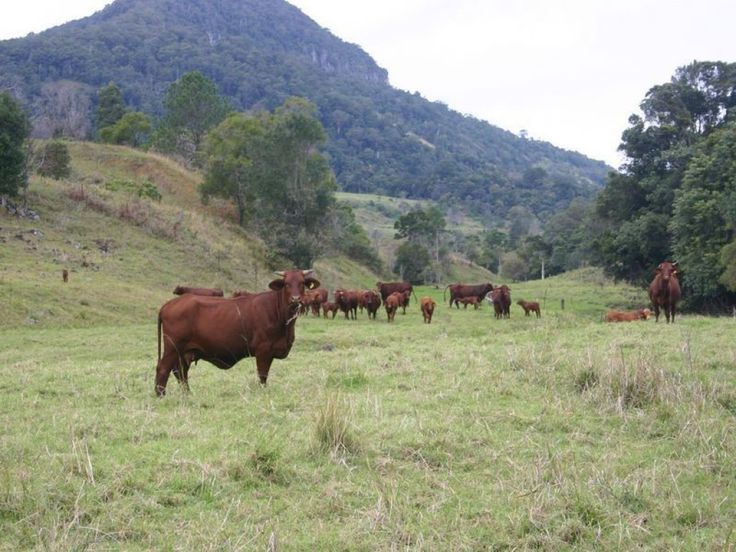Farmers across Fairfax are set to benefit from new rules announced today to ensure Aussies get a fair go in agricultural land sales.
The changes require farm land to be marketed widely to potential Australians bidders for a minimum of 30 days and provide the opportunity for Australians to participate in the sale process.
Member for Fairfax, Ted O’Brien MP, said they had heard concerns some properties were being sold overseas without being advertised locally.
“We want to make sure Australians get a fair crack at buying Aussie farms,” Mr O’Brien said.
“Today we have brought in new rules that mean sellers have to advertise their property to the locals.
“We want transparency and integrity in foreign sales of our farmland.
“That’s why we created the farm land ownership register, which shows us how much of our land is owned by foreign interests. We also changed the rules so foreign purchases of land worth more than $15 million face a national interest test – Labor allowed no scrutiny of all farm sales under $252 million.
“We’re pleased Australians will get a fair go at buying Australian farms.”
New rules
- Subject to exceptional circumstances, foreign investors must demonstrate that agricultural land they intend to acquire has been part of a public sales process and marketed widely to potential Australian bidders for a minimum of 30 days, and Australian bidders have had an opportunity to participate in the sale process.
- All acquisitions of agricultural land by foreign investors for residential development will also be subject to standard development conditions requiring development to commence within a five year period to prevent land banking—this condition already applies to acquisitions of vacant land.
__________________________________________________________________________________________
Q&A
What other measures have been delivered?
The Government’s previous initiatives include reducing the screening threshold for foreign purchases of agricultural land from $252 million to $15 million and the establishment of the agricultural land register.
Last July the Government introduced a range of amendments to the foreign investment framework to reduce red tape and facilitate business investment.
A key measure was the introduction of business exemption certificates to streamline the approvals process for low risk investors, such as large investment funds, undertaking a program of investment.
These certificates do not exempt foreign investors from the usual scrutiny and are targeted at investment that supports growth, jobs and innovation.
Applicants will be expected to demonstrate the potential benefits of the proposed investment and will be subject to reporting conditions.
Business exemption certificates will not be granted for investment in sensitive areas such as critical infrastructure, and will no longer be granted for agribusinesses. They will usually have total acquisition caps of below $1 billion.
Will this stifle foreign investment to the detriment of Australian agriculture?
The Government welcomes foreign investment in Australian agricultural land where it is in the national interest.
This is another important step forward in the Government’s commitment to the transparency and integrity of foreign investment rules.
Genuine above-board foreign investors have not been concerned by the Government’s measures to improve oversight and transparency.
More information is available at firb.gov.au
